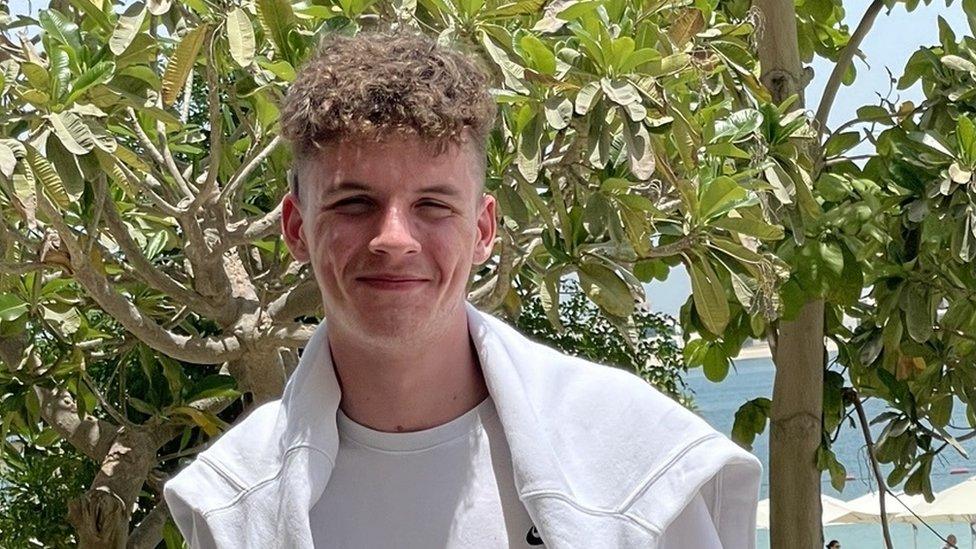Kinship carers call for more support during cost of living crisis
- Published
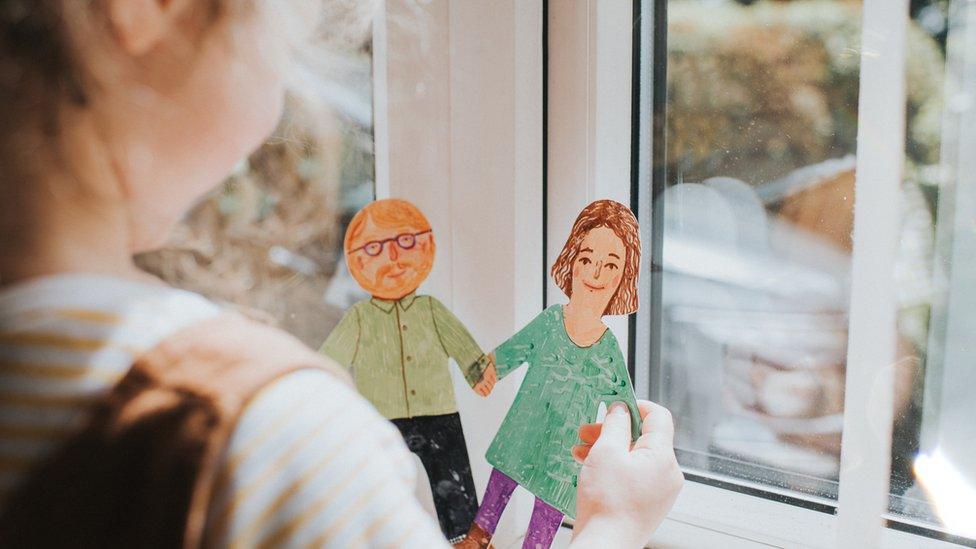
Kinship carers in Gloucestershire are struggling in the cost of living crisis
People raising relatives' children say they could be forced to give them up if they are not given extra support.
There are double the number of children living in "kinship care" in England and Wales than in foster care, according to charity Kinship.
But trustee Fran Boughton, from Cheltenham, warns kinship carers are struggling with soaring living costs.
The charity is calling for kinship carers to be given similar levels of financial support to foster carers.
Speaking to BBC Radio Gloucestershire, Ms Boughton said there were around 1,500 children in Gloucestershire living in kinship care.
Research shows families which take in relatives' children are often already living below the poverty line.
Ms Boughton said relatives usually become carers at short notice - often forcing them to give up work with little chance to plan or prepare.
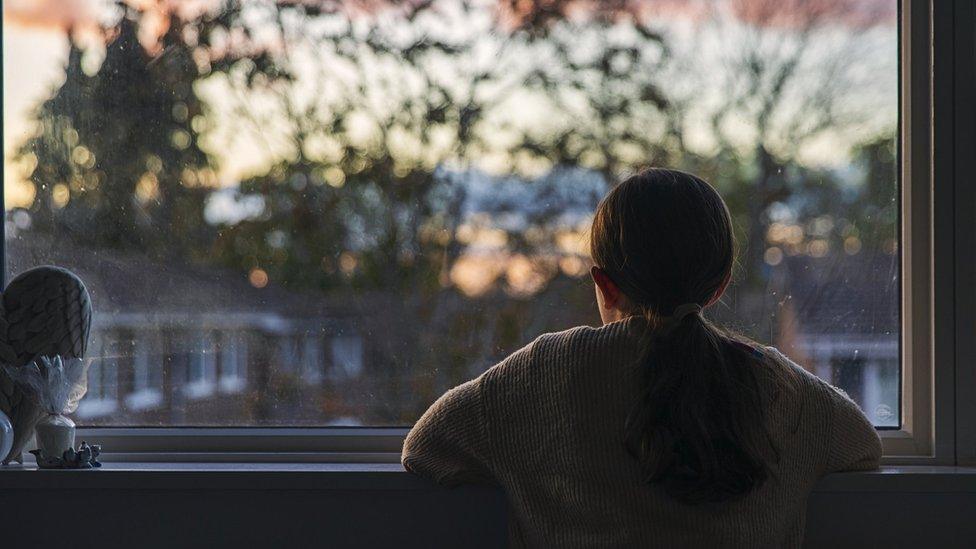
Kinship carers can usually only apply for the same support a parent would get
Foster carers receive an allowance to cover a child's expected weekly costs, and are also given a fee "in recognition of their time and skill" in child care.
In Gloucestershire, this fee can range from between £125.30 to £729.75 depending on a carer's experience and the complexity of their charge's needs.
Kinship carers on the other hand, are usually restricted to applying for the same benefits a parent can apply for, such as child benefit and child tax credits.
'Really worried'
Research by Kinship across a sample of 1,564 kinship carers found four in 10 said they were already skipping meals, buying less food and using food banks.
Ms Boughton said: "We are really worried that if something isn't done and kinship carers can't afford to look after these children any more then some will have to go back into the care system, or into the care system for the first time."
She added: "That is not what anybody wants for these children.
"They have been taken in by families that love them, they want to keep them but in many cases they won't be able to afford to do that."

Kate, from Cheltenham, helps care for her grandchildren alongside their other grandmother.
Drug problems and depression meant the children could no longer stay with their parents.
Kate said that as well as the financial strain, standing in for a parent takes an emotional toll on a kinship carer.
"You can see how happy they are to see their parents and the next day they are not there again and we have to deal with the fall out from that which is not nice," she said.
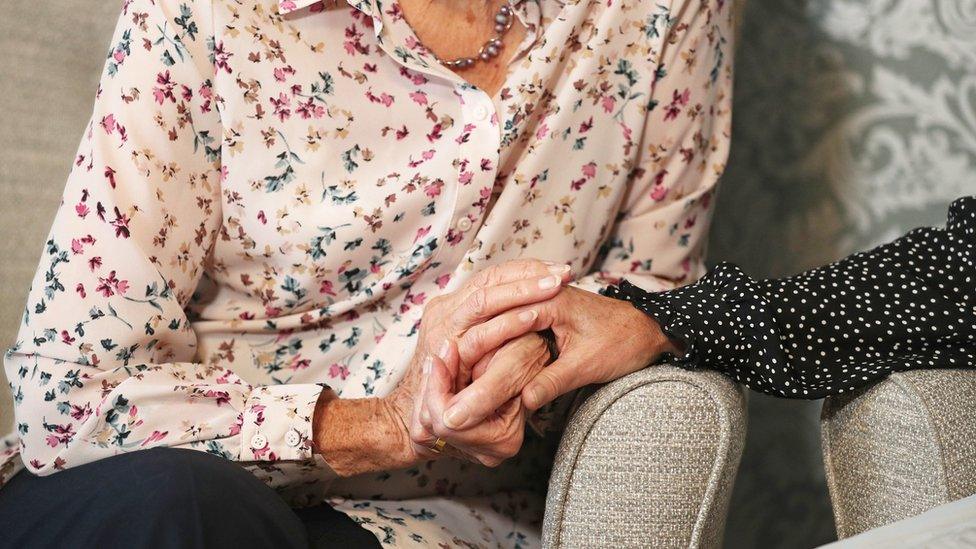
Kinship carers are often forced to give up work at short notice
She added: "The parent is just not there, there is a whole layer missing - it is not the relationship you want to have with your grandchildren.
"You're meant to be spoiling them and being a nice grandparent, instead of doing all the disciplining and 'have you done your homework?' and the hard graft that most parents recognise."

A Department for Education spokesman said: "Kinship carers often make sacrifices to give children and vulnerable young people permanent loving homes.
"Local authorities can offer discretionary financial support to kinship carers and later this year the government will respond in full to the recommendations suggested by the Independent Care Review including how we can support kinship carers further."

Follow BBC West on Facebook, external, Twitter, external and Instagram, external. Send your story ideas to: bristol@bbc.co.uk , external
Related topics
- Published4 December 2022
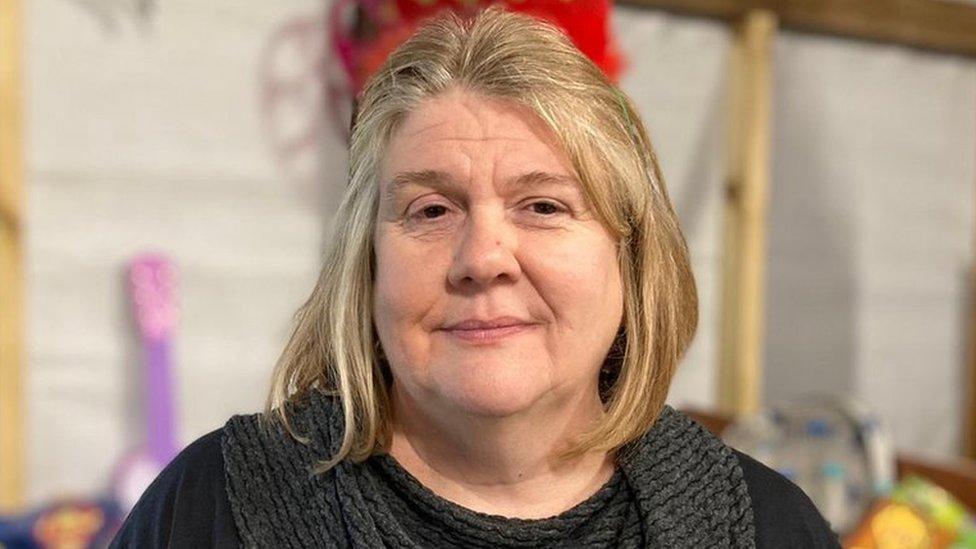
- Published30 November 2022

- Published20 November 2022
